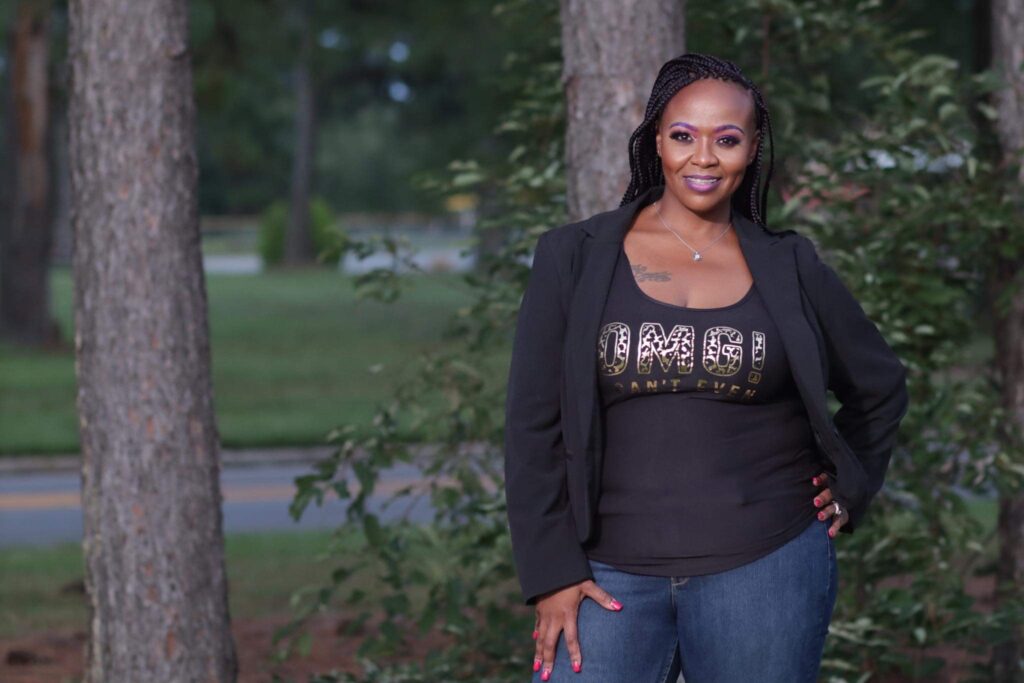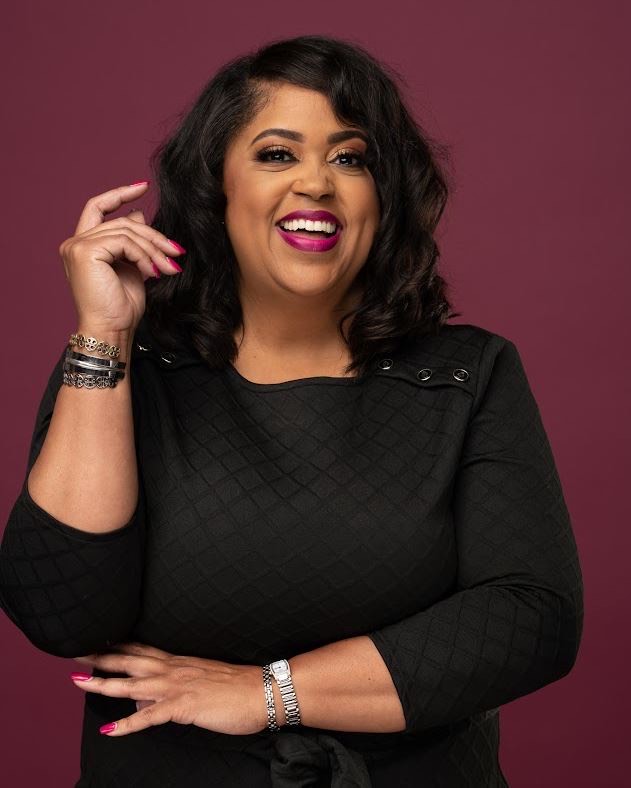It’s been three months since the very live death of George Floyd and anti-racism protests that spread like wildfires across our country. Social media still wants you to know, “Black Lives Matter,” and we are compassionately screaming, “Justice for Breonna Taylor.” Black Lives Matter murals have been painted in the streets in cities across the nation. Local police departments have banned chokeholds from use-of-force policies. While this helps address the issue of police brutality and the symbolism brings awareness to a historical issue, how does this help resolve the more complex issue of racial injustice and systemic racism?
Many of us want to know what justice agencies are doing or have done to be progressive to help fight racial injustice. The familiar conversation is now heightened, and we have yet to receive a clear answer.
So, I asked. I asked a justice official: Aramis Ayala, the elected state attorney of Orange County, Florida.
Aramis Ayala broke racial barriers in 2016 by becoming Florida’s first black state attorney and the first woman to serve in Florida’s 9th Judicial Circuit. Aramis earned a Bachelor of Arts from The University of Michigan, a Juris Doctor from The University Detroit-Mercy School of Law, and a Master of Science in Criminal Justice from the University of Central Florida. She has a background as a Legal Analyst and an Adjust Professor of Law at Florida’s A&M University (FAMU) and University of Central Florida (UCF). Aramis has also served as a Past President for several local and State Bar Associations and a Regional Director for the National Bar Association. She is also the recipient of the NAACP’s Civil Rights Champion of Justice Award. Before becoming the elected state attorney, Aramis worked in the Homicide and Major Crimes Units as an Assistant State Attorney.
Since becoming State Attorney, Aramis has implemented changes within the office that demonstrates her commitment to justice. In a recent conversation, Aramis discusses her thoughts about anti-racism protests, how she has contributed to the fight against racial injustice, what is being done locally, and what should be done to continue the fight against racial injustice and systemic racism.
As a woman of color, serving in one of the highest roles in the justice system, Aramis says she is encouraged and saddened by the recent racial injustice occurrences and anti-racism protests. Her thoughts and emotions are “consistent with black people and people of color in having feelings of mixed emotions. I am encouraged and saddened by the reality. Encouraged, because the conversation is lessening the blame on the victim and the conversation is directed towards people who are not affected. I am saddened by the truth of nature due to the pain and the loss of life.”
Aramis further went on to say, “what are we going to do with this hope that people have, and what are we as leaders going to do? How are we going to capitalize on this moment for the respect and humanity of this country?”
Aramis made changes on both macro and micro levels to address racial injustice and systemic racism in the cases the State Attorney Office prosecutes. On a macro level, Aramis has diversified the hiring process to reflect the community that is served. She has also implemented additional training for prosecutors; which includes the use of discretion, consideration of race in criminal justice matters, and implicit bias training. Aramis encourages prosecutors to visit the places where they have cases; meaning prosecutors should visit juvenile facilities, jails, and prisons to understand the impact of their decisions.
On a micro level, Aramis has sought to address the mass incarceration issue by utilizing diversion programs. The drug diversion program has diverted 65% of felony drug possession cases with 500 applicants successfully completing the program. She also created the Conviction Integrity Unit (CIU). CIU is a division of a prosecutorial office that works to prevent, identify, and remedy false convictions. More recently, Aramis has created and publicly released a Brady List of police officers and revised policies on use-of-force. A Brady List identifies law enforcement officers who have questionable creditability as a witness in a criminal case.
When it comes to protocols, procedures, and/or laws that need to be changed to address racial injustice on a larger scale, Aramis believes, “changes need to be macro, we need to understand how we view the system and understand the history of systemic racism. The progression of it has impacted black, brown, and poor communities.” Currently, at a local level, discussions are being had with other leaders on how to be progressive in fighting racial injustice. Aramis states, “It requires reestablishing relationships. People who are trying to make change are often criticized. Conversations and new partnerships are being created. Due to the circumstances, it is requiring us to listen to the cries of the people. It is an election year; we can only see what is going to happen after the election is over, what is actually going to be done.”
Aramis continues to be a successful person of color in her role as a state attorney by standing firm in her core values. “It’s important to understand success is determined by motivation and what anchors you. It is important for me to be anchored in concepts of truth, humanity, and equality at all costs. I am willing to give up a position, and title to stand with those values. Truth, equality, and humanity are what I stand for in my position as well. What connects us is humanity and our common ground must be our starting point.”
In 2019, Aramis announced she is not seeking re-election. While what is next for Aramis is unknown, as Florida’s first black state attorney and the first woman to serve from her district, Aramis wants her legacy to be that of redefining justice. “The history of this country has been white males; I represent one percent of elected state attorneys. This has been one image of justice. If I can do anything, it would be redefining justice for people that I serve. Not to enhance power. I would like to think my north star is fighting for humanity. I don’t want to lose sight of my values. What we live for, we should be willing to die for.”
While we may not have a clear answer on what other justice agencies across the nation have done or plan to do to address racial injustice and systemic racism, it is clear Aramis Ayala has been a catalyst for change from the start.
Follow Us On Social Media!




